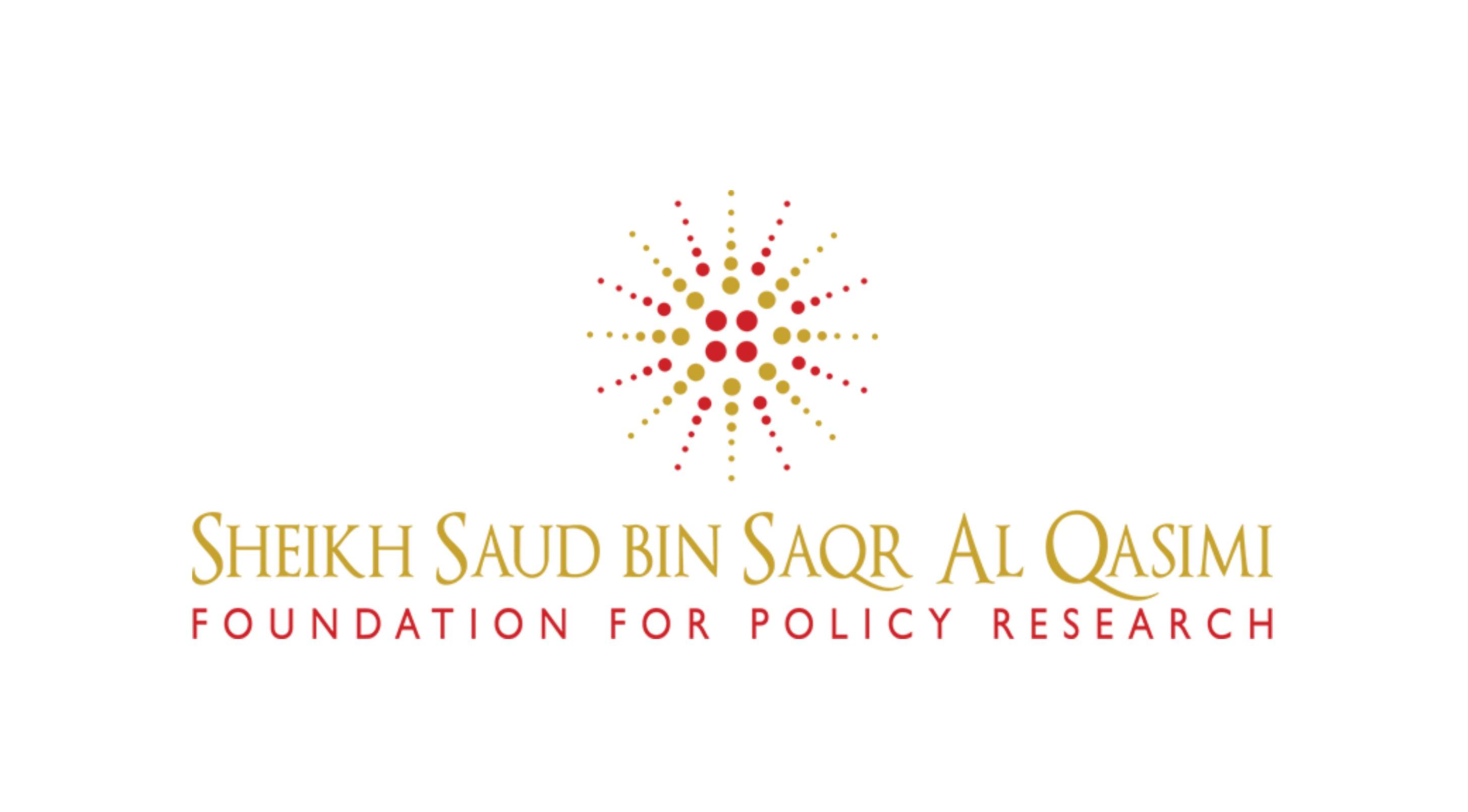- The Global Trends in Parental Involvement symposium opened its doors to academics, researchers, policymakers, and practitioners to provide a deeper understanding of parental engagement and its impact on educational and career outcomes
- Recently conducted study by Al Qasimi Foundation shows fathers’ involvement strongly affects children’s self-esteem and academic performance
- Study highlights the need for greater father involvement from Gulf Arab fathers who are less involved in school activities, such as helping with homework and attending parent meetings, than other fathers in the region
Arab fathers have a significant role to play in shaping the self-esteem and educational success of their children, according to a new study unveiled today by the Sheikh Saud bin Saqr Al Qasimi Foundation for Policy Research. The findings of the research were presented at the foundation’s Global Trends in Parental Involvement symposium in Dubai. The study highlights the benefits that Arab fathers’ involvement can have on their child’s self-esteem and educational outcomes, calling for a less constricted definition of the paternal role and for more fatherly involvement.
In the Arab world and especially in the Gulf, fathers have a distinct and central role in the family. Fathers in the region are often regarded as the family’s key ‘breadwinner’ as well as the moral role model. However, the study shows their influence is far greater than that. According to the research, children had greater self-esteem and better academic performance if they perceived their fathers as being more positively and responsibly engaged in their lives, more emotionally responsive, did household chores, were accessible, and showed paternal affection than those who did not.
The lack of paternal involvement was also associated with poor self-esteem as well as academic performance, especially among male children in the Gulf. Participants rated their fathers highest on the family’s financial provider role but ranked them lowest on the responsible paternal engagement role on a scale of different parental involvement behaviours.
GCC fathers were perceived by their adult children as good providers and moral role models, however they were less involved in their schooling and in their day-to-day life. According to the study, 49% of GCC fathers showed a strong interest in their children’s schoolwork, compared to 56% of other Arab fathers and 61% of western fathers. Furthermore, only 28% of GCC fathers attended school activities regularly, compared to 40% of other Arab fathers and 55% of western fathers.
Dr. Natasha Ridge, Executive Director at the Sheikh Saud bin Saqr Al Qasimi Foundation for Policy Research, said in her opening speech at the symposium: “Parents play an incredibly decisive role in the socio-emotional wellbeing and self-esteem of their children. From our research, we know that higher self-esteem is linked to higher educational outcomes. Despite this, there is limited research measuring the impact of parental involvement in children’s development and educational outcomes in the Middle East. In an effort to address the shortage of research on this topic, the Al Qasimi Foundation and our partners have curated this symposium to provide a platform for academics, researchers, policymakers, and practitioners to share a deeper understanding of parental involvement and discuss solutions.”
David Dingus, Research Associate at the Sheikh Saud bin Saqr Al Qasimi Foundation for Policy Research, explained: “Traditionally, the role of the Gulf father has been primarily that of provider and moral role model. The discovery of oil and industrialisation in the 1950s, however, resulted in the birth of new employment opportunities for both men and women. The historically present father who was engaged in agriculture or trade soon became part of the newly formed civil service, often absent from the daily family setting. As gender roles continue to evolve, though, there are now more opportunities than ever before to play an integral role in the upbringing of their children.”
Survey findings also suggested that Emiratis were more likely than non-Emirati Arabs to feel close to their fathers during childhood and adolescence. Emiratis also reported that their fathers took them on activities and to doctors’ appointments more often than non-Emirati Arabs.
The study also sheds light on the different forms that paternal involvement takes for GCC fathers in the family setting. This includes:
- 83% of fathers in the GCC are mostly or always present around their family
- In the home, 33% of GCC fathers are reported to regularly help clean the house compared to 28% of other Arab fathers and 25% of western fathers
- In the home, 44% of GCC fathers are reported to regularly cook meals compared to 32% of other Arab fathers and 28% of western fathers
The symposium, taking place on September 4th and 5th, 2019 at the Shangri-La Hotel in Dubai underscores different aspects of parental involvement, including: stimulating children’s development in early childhood and supporting parents in the 21st century; caregiver perceptions of early childhood socioemotional development: cultural attitudes towards parenting; developmental screening; creating an accepting environment for 21st century parents; engaging parents in school programs; connecting school programs with student employability; parental involvement in building resiliency: enhanced emotional and academic support utilizing a range of techniques.
For more information please visit www.gtpisymposium.com


 Heart Of RAK
Heart Of RAK



